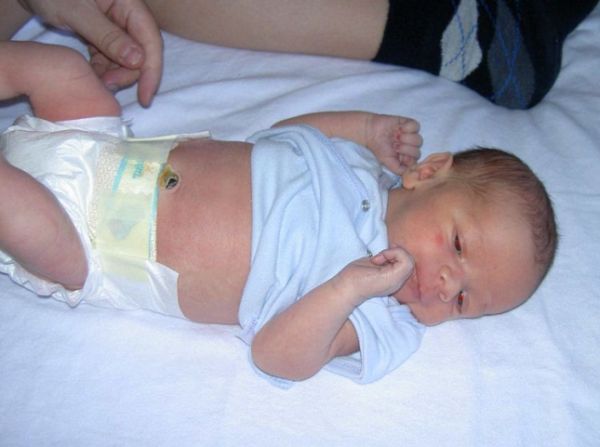The choice of whether to breastfeed a baby is a highly personal and individual one which is sometimes based on personal preference and sometimes forced upon a mother because of circumstances beyond her control. The advantages of breastfeeding far outweigh the disadvantages and medical professionals as well as mothers all agree that breastfeeding is best.
The disadvantages to the baby occurs when things are not going as well as they should, for example, if the mother has an inadequate supply of breast milk or the baby has an inefficient suck reflex. An inadequate supply of milk is unusual unless there is a medical reason and a more likely cause is that the mother has never been shown how to breastfeed her baby correctly. Infrequent feeding is sometimes the reason for not enough milk supply being produced.
When is Breastfeeding Not Best?
For some women who suffer from postpartum depression after the birth of the baby, breastfeeding is sometimes not the best choice. Mothers who quit to save their sanity are often harshly judged by others who often do no understand the extent of the illness and the trauma caused to the mother. Many mothers with PPD choose not to quit because of guilt feelings and to avoid judgment, but suffer years of anxiety because of it.
It is important for mothers to know that postpartum depression can be treated while they are breastfeeding, but a mother’s decision should be supported 100% as she is the only one who knows how she feels.
The Arguments
There are arguments for and against breastfeeding which may help mothers make a more informed decision. Below are a few things to take into consideration:
1. Although we all agree that breast is best, it is not always best for everyone.
2. Formula companies have a huge influence in maternity wards and on the decisions of mothers who are often not given enough support to succeed at breastfeeding. Sometimes it is much easier for medical staff to hand a mother a bottle rather than spend the extra time and patience to guide and encourage her to succeed. This often results in frustration and the belief that she cannot breastfeed and she gives up too soon.
3. An enormous amount of pressure is put on mothers to breastfeed by nursing staff in maternity wards and even when a mother makes the decision not to breastfeed, she feels that she constantly has to defend her decision which causes more anxiety. Telling a mother that she is wrong in the decisions she takes regarding her baby without any regard to the reasons she has for making those decisions can be a contributing cause of postpartum depression.
4. Postpartum depression is a maternal mental illness and a mother should never be judged for her decision to put her own mental health first so that she can recover. A mentally healthy mother who chooses to bottle feed is far preferable to a mentally ill breastfeeding mom.
5. Some women find breastfeeding extremely difficult which causes a huge amount of stress. This stress added to a situation in which a mother is already experiencing depressive and anxious symptoms, sometimes makes it necessary for a mother to stop breastfeeding her baby.
6. No matter how beneficial it is to breastfeed, a mother who stops breastfeeding due to postpartum depression or anxiety should never be made to feel guilty or selfish and shamed because others feel that she is not trying hard enough.
The bottom line is that it really does not matter how you feed your baby as long as the baby is being adequately nourished with healthy food in a clean and safe environment. Millions of babies are bottle fed for one reason or another and almost all of them have thrived. When making a decision on whether to breastfeed or not, mothers should decide what is best for them in the particular situation they find themselves in. The baby may not enjoy some of the benefits that breastfed babies are given, but that does not mean that they will starve or become ill.
Aria Meyer is a part time blogger. She writes for several parenting blogs. She is currently living in West Covina and working closely with Mydeebaby, a baby formula company based in Los Angeles, CA, to help them grow marketing department.





